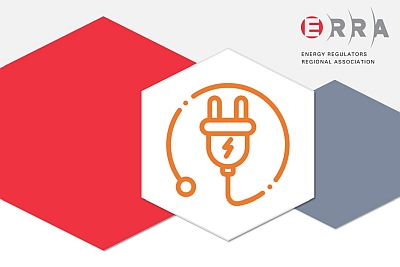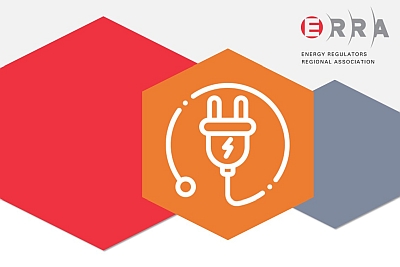Committee Leaders

Mr. Hassan Taqi
Committee Chair
Director of Economic Affairs
Authority for Public Services Regulation (APSR), Oman
Authority for Public Services Regulation (APSR), Oman

Dr Lia Gvazava
Committee Vice-Chair
Deputy Director of Tariffs and Economic Analysis Department
Georgian National Energy and Water Supply Regulatory Commission (GNERC), Georgia
Georgian National Energy and Water Supply Regulatory Commission (GNERC), Georgia
Publications
Scope of Work
- Retail competition: Deregulation effects and the removal of subsidies; end-user tariff impacts. ERRA Member Organizations are at various degrees of implementation of the deregulation of the electricity markets. At the retail level, many of the countries’ regulated tariffs include certain cross-subsidies between customer groups, generally in the favor of household customers. As the market is deregulated, these cross-subsidies have to be removed and increasingly borne by the group that causes the cost. This will impose an increase in tariffs for household customers. The group will review ERRA members experiences in this regard, identify examples of good practice and develop a guideline that regulators can use for future adjustment of tariffs towards cost-reflective levels.
- Parametric and non-parametric methods in assessing efficiency of regulated infrastructure, econometric models and methodologies. Efficiency analysis is increasingly becoming an important part of regulatory work during periodic review processes operating under incentive-based regulation. Yet regulators often lack the technical capacity to independently engage in efficiency analysis as this requires enhanced knowledge of statistics and econometrics techniques typically used to compare the efficiency of one regulated entity against another. The purpose of this part of the work is to review ERRA Member Organizations’ experience in undertaking efficiency analysis and sharing of best practices among the member base.
- Price instruments in incentivizing end-user flexibility and enhancing demand-side management. Increased variable renewable energy penetration and decentralization will require a significant enhancement of customers willingness and ability to adjust their consumption patterns and serve as flexibility resources to assist system operations. This part of the workstream will look at price-based tools regulators can employ, especially at DSO level pricing, to increase customer flexibility and improve demand side management. This part of the work can be done in cooperation with the renewable energy committee.
- Digitalization: Smart grids and smart meters and their impact on price regulation. Smart meter roll-out programs are increasingly being implemented by EU member states with several countries having 100% smart meter coverage across their customer base. Signatory Parties of EnCT are also undertaking CBA to review the impact of such roll-out plans on customer end-user tariffs. This part of the committee work stream will review CBA analysis and procedures in assessing the reasonableness of such plans and the quantification of the costs and the benefits of such measures.
- Decentralization: Distributed generation; prosumers. Power systems are becoming increasingly decentralized, with more generation being connected to the distribution system and behind the meter systems as prosumers. This part of the committee work will review examples of accommodating prosumers into the pricing system as well as procedures for their streamlined licensing/authorization process.
- Tariff Database inputs.
The ERRA Tariff Database is an online platform consisting of Electricity and Natural Gas tariff and revenue determinant data. Data on regulated prices is calculated on a quarterly basis and covers the period of 1998-2020 for the following categories:- Electricity: Producer, Wholesale, End-user (Residential, Non-residential) Prices, Electricity Consumption;
- Natural Gas: Wholesale, End-user (Residential, Non-residential) Prices.
Data on revenue determinants is calculated on an annual basis and covers the period of 2015-2020 and is available for the following categories:
- WACC for Electricity and Gas: disaggregated calculations for the return on debt, gearing ratio, risk-free rate, equity beta, equity risk-premium, corporate tax rate, debt-risk premium, year of WACC determination;
- Electricity Network Charges: Average Transmission, System and Market Operator Charge, Average Transmission and System Operator Charge, Average Market Operator Charge, Average Distribution System Operator Charge
- Natural Gas Network Charges: Average Transmission Charge, Average Distribution Use of System Charge
- Electricity and Gas Efficiency: Average Actual Transmission Losses, Average Allowed Transmission Losses, Average Actual Distribution Losses, Average Allowed Distribution Losses, Efficiency Factor





